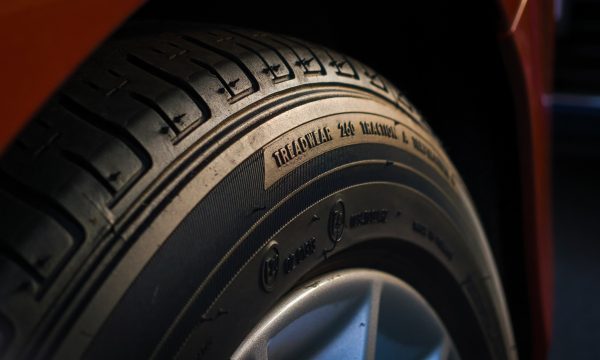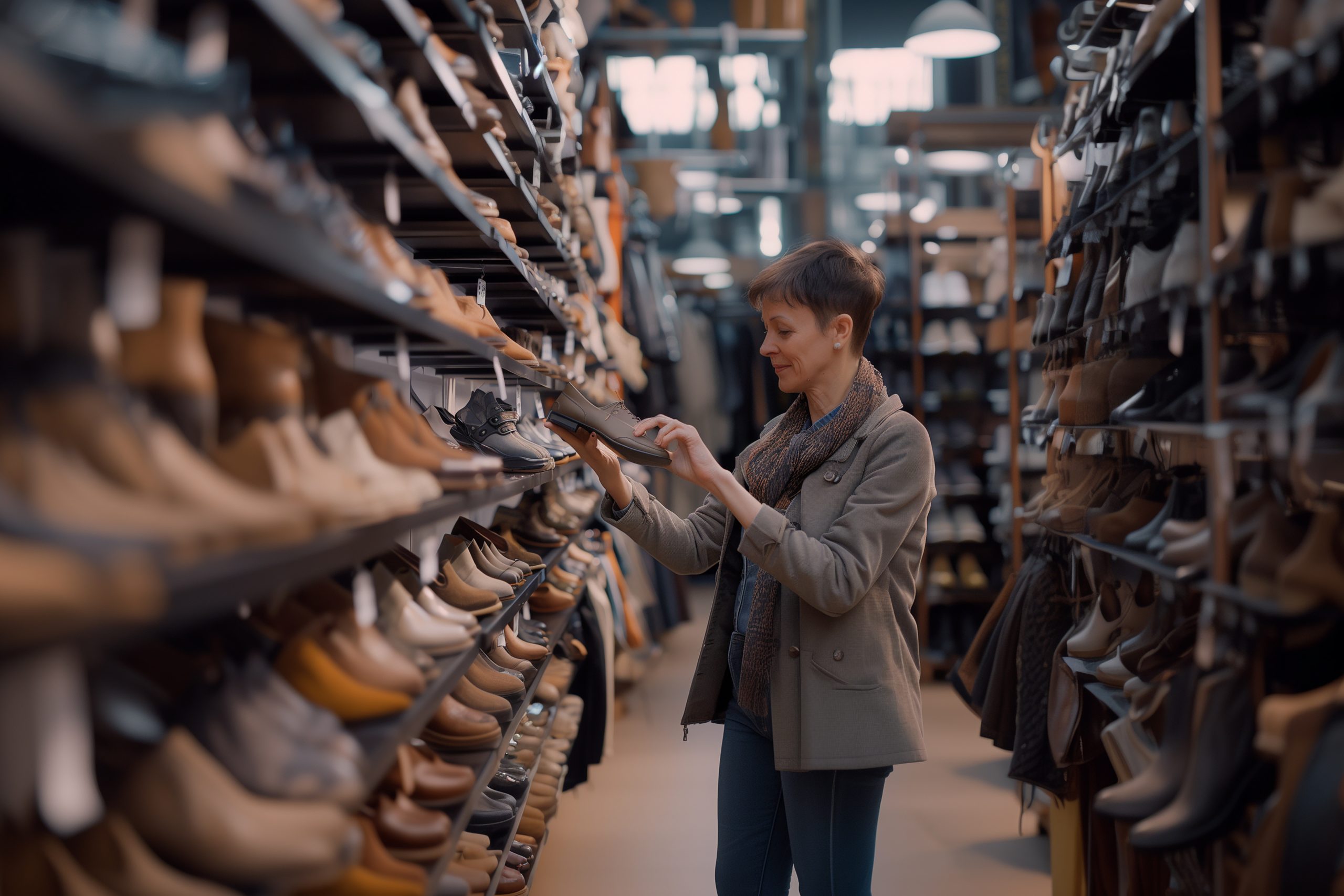Since the beginning of this year, the global trade community has been waiting with baited breath to see how the Biden Administration will impact the ongoing trade wars, customs requirements, and other regulatory avenues.
You may have read some of the pieces we put out on the topic since Biden was elected. We’ve been keeping a close eye on political shifts and attitudes towards global trade and subsequently exploring our findings.

Recommended Readings:
3 Cross-Border Trade Predictions for 2021
We explore the growing popularity of near-shoring, the updated digital landscape / ACE platform, and the Biden presidency. We wrote that: “It is likely that 2021 will bring more stability and easier trade relationships with the Biden presidency. Politics undoubtedly played a huge role in global trade in the last four years — even tainting relationships with our nearest neighbors, like Canada.”
The 2021 Forecast for Global Trade
A look into Global Trade Magazine’s piece on 2021 forecasting. In it, we noted that the Biden-Harris administration will likely be more reliable and easier to predict. And that USMCA will be in full swing as a tool for North American importers to leverage.
Market Challenges & Opportunities in Trade 2021
A balanced piece on the pros and cons of navigating global trade in 2021. However the presence of challenge and risk, economies around the world are set to recover healthily. Quoting Joanna Konings, Senior Economist in International Trade Analysis at ING: “trade policy may be done through talks, rather than tariffs.”
Today, we’ll be looking at 3 key considerations by US-based corporate and governmental law firm Foley & Lardner LLP in the advent of the Biden Administrations announcement that they do not intend to make any major changes to US international trade policy in the short-term. The Administration will instead be focusing on post-pandemic economic recovery.
The 3 takeaways are as follows:
Customs compliance is growing in importance for US automobile companies:
Due to almost unprecedented changes made to tariff and customs implementation by the Trump Administration, automotive companies primarily act as importers of record. To help with continued vigilance on customs matters, it is important that these companies stay informed on best practices.
For example, one of the considerations noted by Foley & Lardner LLP is that tightened requirements for documenting originating status (under USMCA), requires automotive companies to look very closely at these rules to benefit from free trade preferences.
Best practices for customs compliance under the Biden Administration:
Foley & Lardner LLP list out an 8-point checklist for companies to follow in order to achieve compliance with reduced error. They are as follows:
- Create a compliance manual that includes standard operating procedures and internal controls of reasonable care.
- Build out a Customs Classification Index to standardize the HTSUS tariff classification codes for the products they import.
- Review the product valuations and declared value to understand the process for calculating the value of the products they import, along with their trade partners. (Including things like royalties).
- Team up with your customs broker to determine that they are being consistent with the requirements and take note of recordkeeping responsibilities.
- Conduct an internal compliance audit to reduce the risk of non-compliance by identifying weak points in the existing systems.
- Undertake compliance training for all relevant employees on a regular basis. (They recommend it annually).
- Take a look at USMCA / free trade claims to review their use of free trade agreement programs.
- Review the imported goods to see if they require payment of antidumping and countervailing duties.
In the event of a Customs Request for Information…
Upon the reception of an informed compliance notification letter from CBP, it is ideal to prepare for a potential upcoming audit. In essence, these letters are a CBP method for encouraging major automotive (and other types of goods) importers to level up their compliance.
It is recommended that those that receive this letter begin preparing for an audit immediately by undertaking an internal audit first. This will give importers an idea of the compliance regulations they must be adhering to and identifying correct documentation.
Recommended Readings:
—
Automotive companies should not wait to navigate this process. It is ideal that they take the above-noted precautions, as well as team up with a qualified customs broker to make sure that the process goes smoothly for all parties. To begin the conversation, click here.






